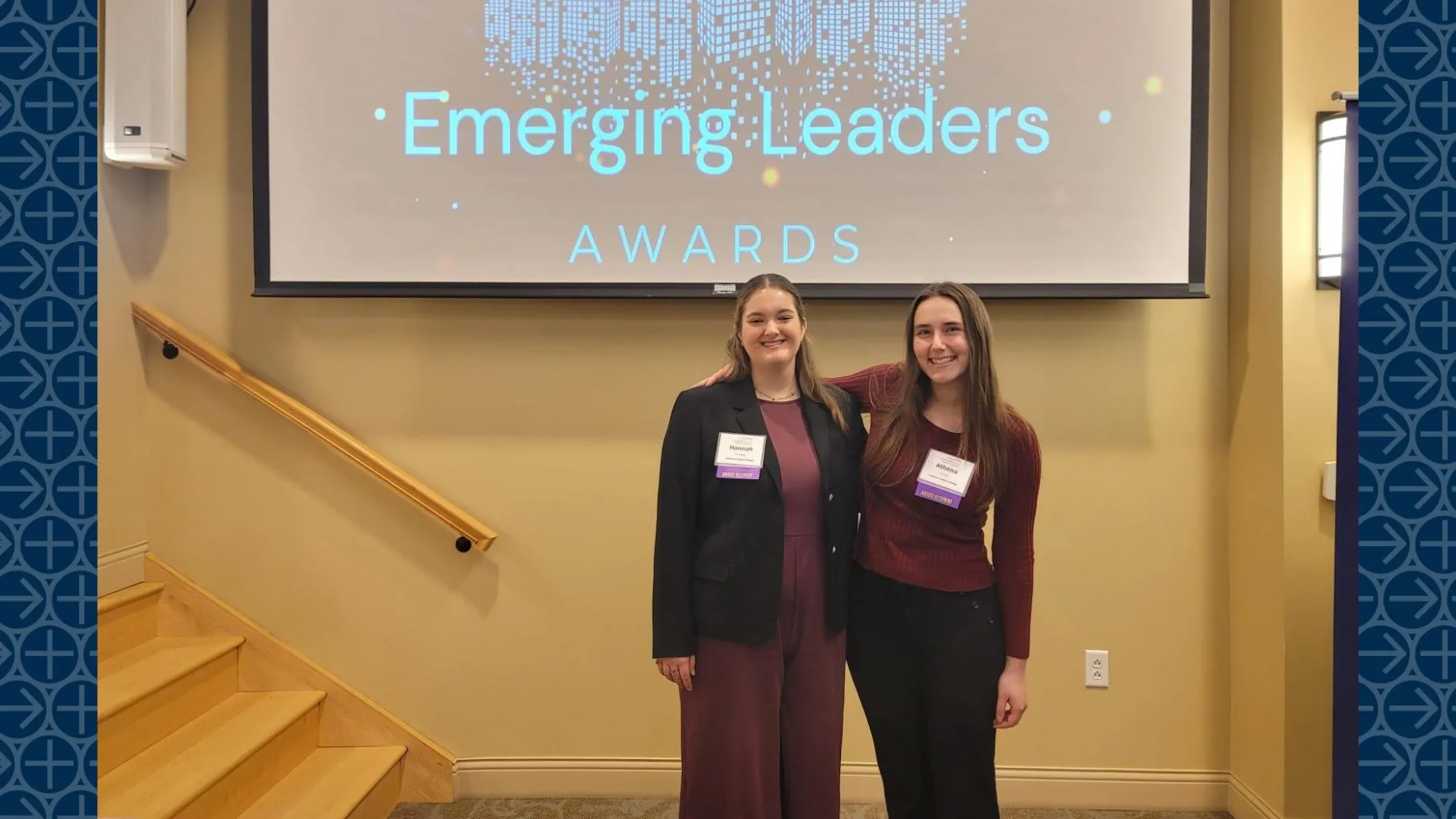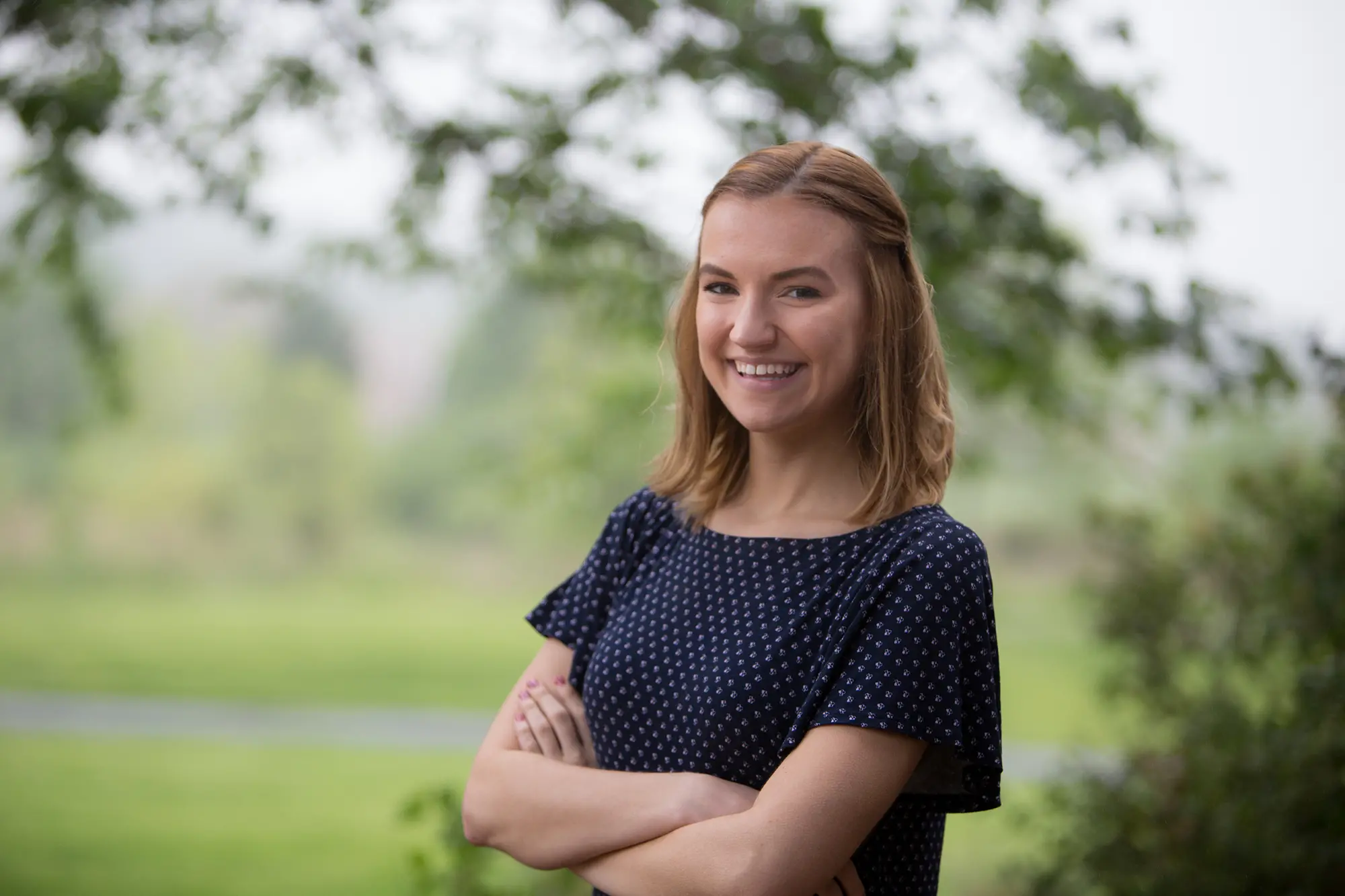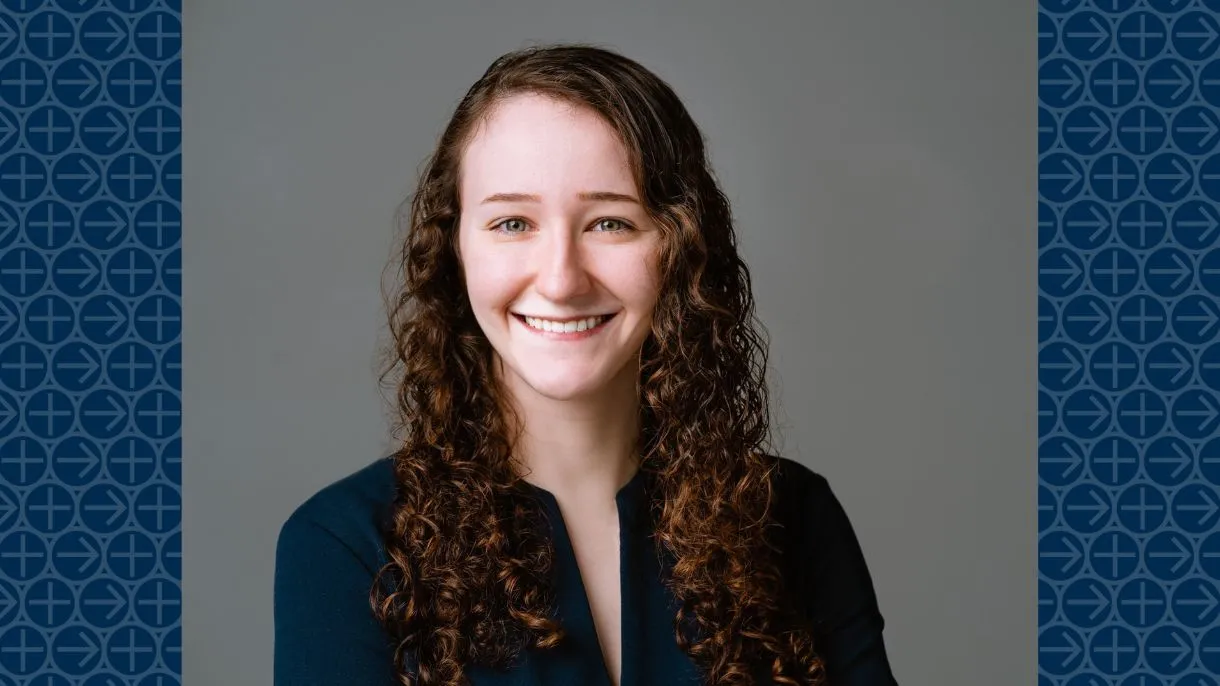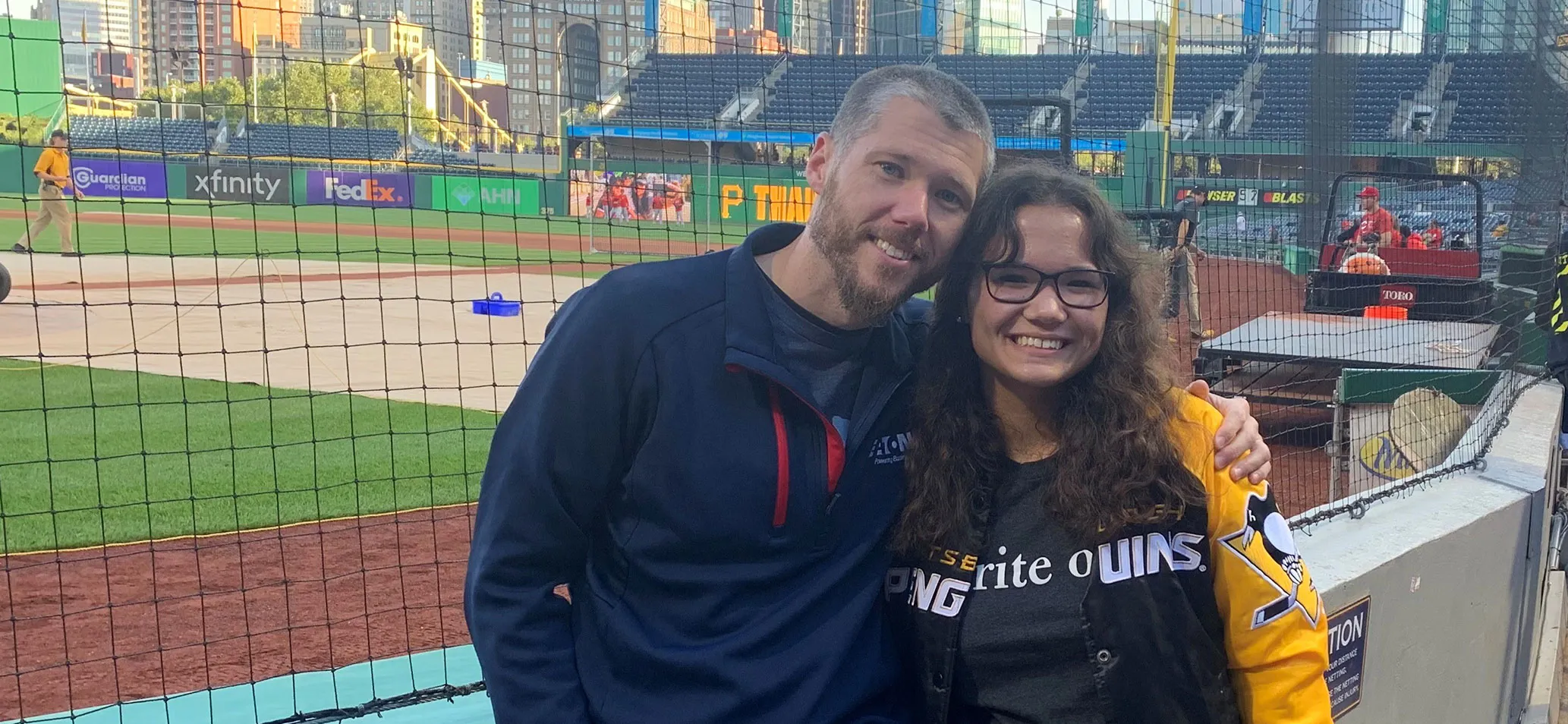
LVC News
- Accounting
- Accounting/MBA 3+1
- Actuarial Science
- Allwein Scholars
- Alumni Profiles
- Athletic Training
- Athletics
- Awards
- Biochemistry & Molecular Biology
- Biology
- Breen Center
- Business Administration
- Campus
- Chemistry
- Clinical Exercise Physiology
- Clinical Mental Health Counseling
- Community Service
- Computer Science
- Creative Arts
- Creative Writing
- Criminal Justice
- Data Science
- Digital Media
- Economics
- Education
- Engineering
- English
- Environmental Science
- Esports
- Exercise Science
- Faculty Profiles
- Gallery
- German
- Giving
- Graduate Studies
- History
- Honors
- Intelligence and Cybersecurity
- Interaction Design
- International Business and Policy
- LVEP
- Marketing
- Mathematics
- MBA
- Medical Humanities
- Medical Laboratory Science
- Music
- Music Education
- Music Production
- Neuroscience
- Nursing
- Physical Therapy
- Physics
- Political Science
- Pre-Law
- Pre-Medical Professions
- Psychology
- Self-Designed
- Social Justice and Civic Engagement
- Sociology
- Spanish
- Speech-Language Pathology
- Sport Performance
- STEM Education
- Student Profiles
- Study Abroad
- Sustainability
- Transfer
- Undecided/Exploratory
Fulbright Finalist Megan Lough to Use Literature for Cultural Connections

Megan Lough ’17 will spend her first year after graduation as an English teaching assistant in Bulgaria after being named a Fulbright Scholar Finalist in March.
Lough, who will be teaching English and literature to Bulgarian high school students, joins Jasmine Olvany ’17 as one of two LVC Fulbright finalists this year. It is the first time in LVC’s history that two students were named Fulbright Finalists. They join Hannah Pell ’16, who is currently finishing her Fulbright research in Austria, as Fulbright Finalists in the past year.
Lough, who graduated from nearby Lebanon Catholic High School, is an English major with a concentration in secondary education. She’s active in numerous campus organizations and draws upon several immersive experiences as she develops her plans for her Fulbright year.
As a junior, Lough completed an independent study with Dr. Cathy Romagnolo, chair and associate professor of English, during which she studied Harriet Jacob’s Incidents in the Life of a Slave Girl and compared it with two other novels of that same time period. Lough later presented her paper to faculty and students.
“Dr. Romagnolo helped foster my passion for social justice and encouraged me to think critically and find my voice,” said Lough. “I have incredible respect for the entire LVC English Department at LVC. The literature and ideas that I was exposed to and wrote about have made me a more empathetic and action oriented person.
“My goal for my Fulbright grant is to use literature as a tool to expose my students to various backgrounds and experiences, and to use that literature as a way to start important conversations about our culture,” she added.
Lough also credits her experiences in the Education Department, including a collaborative research project with the Physical Therapy Department teaching children with autism how to rock climb, and her field placement in an English as a Second Language (ESL) classroom.
“I think ESL is about so much more than teaching a group of students English,” Lough said. “It is much more of a two-way street. I learned so much about the students’ backgrounds and cultures while I was there. That is what I hope to do with my Fulbright. I don’t want to just teach Bulgarian students English, I want them to contribute to the English language with their unique experiences and culture.”
Lough enjoyed a two-week trip to Europe last summer, visiting seven different countries, and knew she wanted to return. She attended a Fulbright interest meeting at the College and was inspired by Pell’s story, so she began researching options. Then Dr. Philip Benesch, associate professor of politics and faculty director of external scholarships and fellowships, helped focus her search and guide her through the application process.
“I chose Bulgaria because of the mix of Eastern and Western culture,” said Lough. “I had some exposure to the literature of Eastern Europe, and started studying the poetry of Ekaterina Petrova Yosifova, a Bulgarian poet, journalist, and high school teacher. Her background is very interesting and inspired me.”
Along with teaching English and literature, Lough plans to work with the BEST Foundation, a speech and debate organization run by Fulbright grantees. She will have the opportunity to coach students on debate skills and help them prepare for competitions where they analyze and interpret literature and poetry.
Lough encourages other students who are considering applying for a Fulbright grant to connect with faculty members who have impacted their Valley experience. She specifically credits Dr. Gary Grieve-Carlson, professor of English, and Dr. Karen Walker, associate professor of education, in addition to Dr. Romagnolo and Dr. Benesch.
After she completes her Fulbright, Lough plans to use her experiences and apply it to a career in teaching middle and high school students. She said, “I hope to inspire a love of learning and reading in my students and encourage them to find their voices in order to make our world a better place.”
LVC students and alumni interested in applying for a Fulbright should contact Dr. Philip Benesch at benesch@lvc.edu.
The Fulbright Program is the flagship international educational exchange program sponsored by the U.S. government and is designed to increase mutual understanding between the people of the United States and the people of other countries. The primary source of funding for the Fulbright Program is an annual appropriation made by the U.S. Congress to the U.S. Department of State, Bureau of Educational and Cultural Affairs. Participating governments, host institutions, corporations, and foundations in foreign countries and in the United States also provide direct and indirect support. Recipients of Fulbright grants are selected on the basis of academic or professional achievement, as well as demonstrated leadership potential in their fields. The Program operates in more than 160 countries worldwide.




